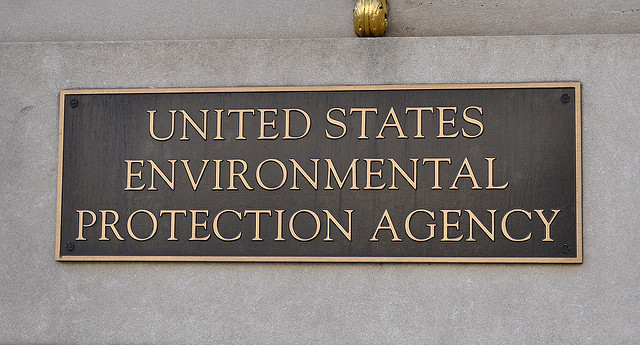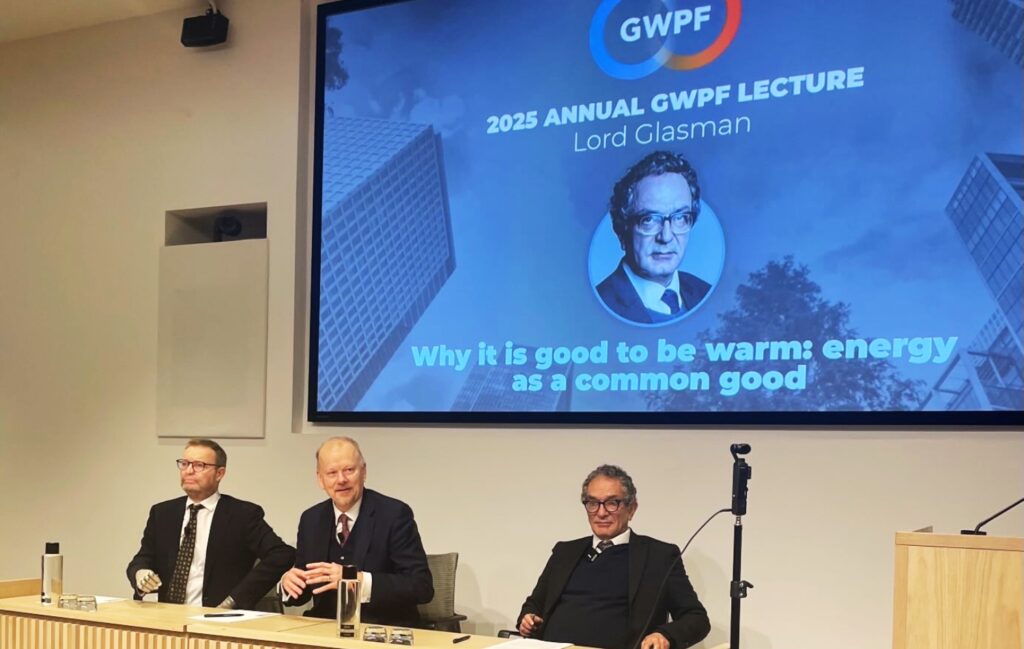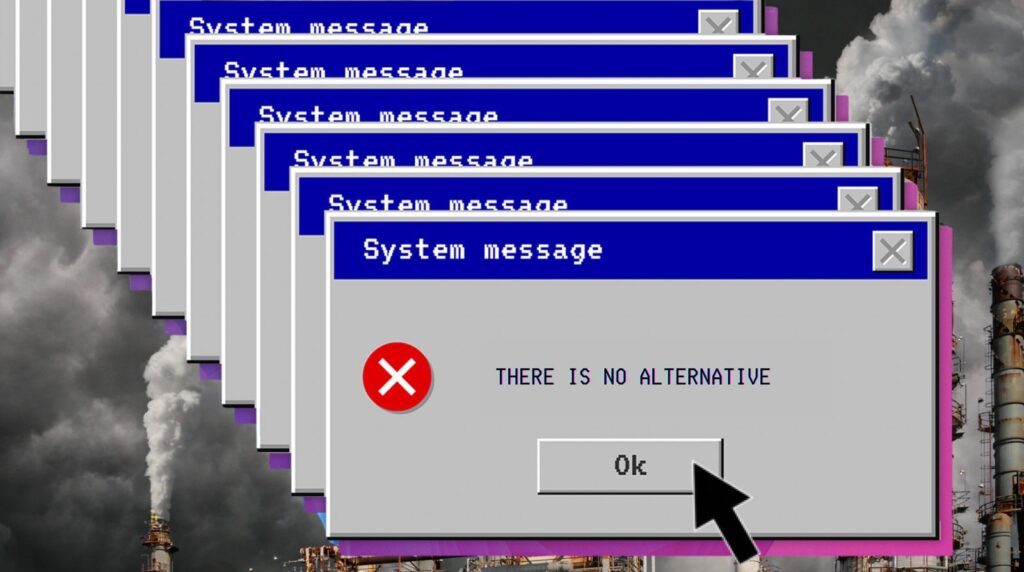The Environmental Protection Agency announced today that it had completed its scientific report on whether fracking puts America’s drinking water supplies at risk.
The EPA‘s conclusions were clear: fracking can harm water. And it’s not the the hydraulic fracturing process itself that poses risks — problems have emerged at every stage of the water cycle associated with fracking, at times making people’s drinking water supplies “unusable.”
“The report, done at the request of Congress, provides scientific evidence that hydraulic fracturing activities can impact drinking water resources in the United States under some circumstances,” the EPA wrote in a press release announcing the study’s final conclusions. “As part of the report, EPA identified conditions under which impacts from hydraulic fracturing activities can be more frequent or severe.”
“EPA identified cases of impacts on drinking water at each stage in the hydraulic fracturing water cycle,” the EPA statement added. “Impacts cited in the report generally occurred near hydraulically fractured oil and gas production wells and ranged in severity, from temporary changes in water quality, to contamination that made private drinking water wells unusable.”
EPA honed in on six areas where impacts can be either more likely or more severe, including the use of water in areas with “limited or declining” underground water supplies, spills of chemicals or wastewater, fracking wells with “poor mechanical integrity” (like wells where the steel and cement casings are weak or missing), fracking directly into aquifers, discharging inadequately treated wastewater into rivers and streams, and the use of unlined pits to store wastewater.
The agency dropped entirely a highly controversial claim that they had found “no evidence” of “widespread, systemic impacts” on America’s drinking water supplies from fracking, language which a recent Marketplace investigation found had been inserted at the last minute into study and press release drafts. That language was heavily criticized by the EPA‘s Scientific Advisory Board – a mix of experts representing industry, federal agencies, and academia – which found that EPA‘s research “did not support” that conclusion (four of the 30 SAB members dissented from that critique).
Still, there remain many data gaps about fracking, EPA said its new study concluded.
“Because of these data gaps and uncertainties, as well as others described in the assessment, it was not possible to fully characterize the severity of impacts, nor was it possible to calculate or estimate the national frequency of impacts on drinking water resources from activities in the hydraulic fracturing water cycle,” the EPA‘s statement on the newly released study notes.
Environmentalists, regulators, and community advocates have long highlighted the lack of public information about fracking, due in part to non-disclosure agreements between private land owners and drillers when lawsuits over fracking-related contamination are settled, a lack of laws requiring the collection of even basic data like the locations where fracking-related activities are occurring, and trade secrecy rules and chemical safety regulations that mean that regulators often do not know what the potential health risks of chemicals used in fracking might be.
Industry proponents seized on the language about data gaps, arguing that the study failed to prove that fracking had polluted water nationwide. “EPA’s report blows apart the anti-fracking campaign’s most common claim, namely that hydraulic fracturing is polluting groundwater all across America,” Dr. Katie Brown, an Energy In Depth researcher, said in a statement, according to the Daily Caller. “This study took five years to complete, and the EPA found nothing to suggest that fracking is a serious risk to groundwater.”
The language about data gaps appeared to dominate headlines immediately after the study was released, with the Denver Post, Washington Examiner, and Pittsburgh Post-Gazette all highlighting the data gaps in their headlines.
Still environmental groups cited the study’s findings as long-awaited vindication.
“The EPA has confirmed what we’ve known all along: fracking can and does contaminate drinking water,” Wenonah Hauter, Executive Director, Food & Water Watch, said in a statement. “We are pleased that the agency has acted on the recommendations of its Science Advisory Board and chosen be frank about the inherent harms and hazards of fracking.”
Those risks appear to be numerous. A review by DeSmog of the fine print of the study draft that was released last year noted that the EPA had found evidence of numerous problems related to fracking, including groundwater contamination in states from North Dakota to Texas to Pennsylvania, the fact that “hundreds or thousands of chemical or wastewater spills can be expected annually, and an average spill is over 400 gallons (picture eight 50-gallon drums), EPA found, despite limited reporting,” and the fact that “[r]oughly 3 percent of fracked wells in one part of North Dakota – in other words, hundreds of wells per year – were deliberately built short on the well casings that are designed to protect drinking water supplies. And without enough casing, the risk of contamination spikes 1,000- fold, EPA noted (p. 39).”
In light of the EPA‘s conclusions and the wide range of problems that the EPA identified, some environmental groups pressed for a national ban on hydraulic fracturing. “The science shows that fracking pollution has contaminated water supplies in many places across the country,” said Hollin Kretzmann of the Center for Biological Diversity. “To protect the millions of Americans living near fracked wells, we have to ban this toxic technique.”
The prospects for new national regulations on fracking shifted dramatically following this November’s election. The incoming Trump administration has announced that Scott Pruitt, Oklahoma’s Attorney General, will be nominated to head the EPA when the President-elect takes office in January.
Mr. Pruitt has dismissed the scientific consensus on climate change. He sent letters defending natural gas drilling to the EPA on state attorney general letterhead – which a New York Times investigation revealed had been written by Devon Energy, a drilling company. And he has pushed hard for the federal EPA to defer to state environmental regulators.
“We have never had anyone come into the office of administrator with the track record and mindset of questioning the agency’s mission and undermining what the agency does,” Robert M. Sussman, a senior EPA official who served as deputy EPA administrator under President Clinton, told Inside Climate News. “I have to believe that Pruitt thinks he has a mandate from Trump to radically scale back what the EPA does and countermand regulations issued by the Obama administration and keep a tight lid on new regulations.”
This has environmental groups concerned that the Trump administration will dismiss the EPA‘s findings.
“By listening to its scientists instead of its political advisors, EPA’s fracking study sets an example that we hope, but do not expect, the Trump Administration to follow,” Earthworks Policy Director Lauren Pagel said in a statement. ” But a Scott Pruitt EPA would have to ignore 5 years of scientific study, and years of community impacts, to do otherwise.”
Still, other investigations have found that fracking’s harms have hit suffering rural communities – areas that formed the core of Mr. Trump’s support during the election – the hardest.
In August, Mr. Trump called for towns and states to be allowed to decide whether or not fracking should be banned locally. But since then, he has loaded his transition team with people like Amy Oliver Cooke (behind the ‘Mothers In Love with Fracking’ initiative) and pledged to lift regulations on fracking to promote the shale industry’s prospects.
In the meantime, the debate over whether and how to respond to fracking’s impacts heats up in Washington D.C., impacted families continue to live with the day-to-day realities of life with contaminated drinking water.
Jeannie Moten, a Pennsylvania resident whose water well is contaminated, a problem which she believes was caused by fracking and resulted in her father’s death, described the feeling to the Center for Public Integrity this summer, explaining that state, local, and federal officials had failed to offer meaningful help.
“We’ve been feeling like nobody since 2009,” she said.
Photo Credit: EPA, by TexasGOPVote.com, via Flickr.
Subscribe to our newsletter
Stay up to date with DeSmog news and alerts






